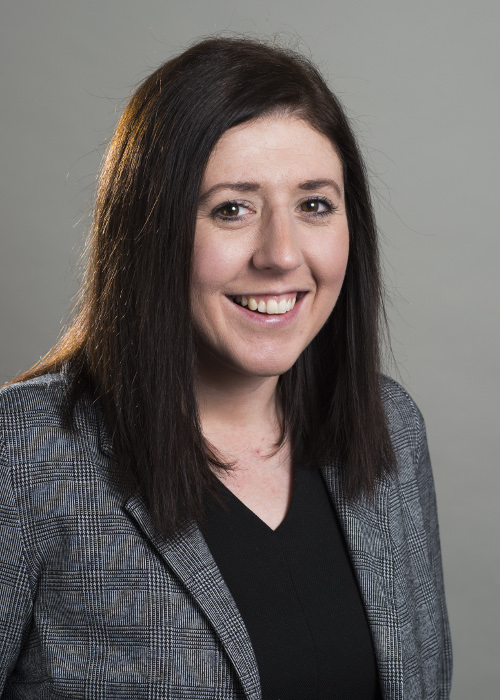Danielle Stevenson: An amicable divorce is possible

Danielle Stevenson
Danielle Stevenson, senior solicitor at Jones Whyte Law, looks at the collaborative approach to divorce.
Often when couples are facing separation and divorce, the immediate thought is the rush to court, opposing sides and a battle. However, the reality is more often than not far from that, particularly if clients consider the other options available to them in respect of dispute resolution.
One such option is the collaborative approach to separation and divorce.
What is collaborative practice?
Put simply it is a mutual approach to agreeing long term arrangement in respect of separation. Legal and financial matters are resolved as well as the ongoing arrangement for any children of the marriage. The goal is to minimise conflict between couples and ultimately put children first while ensuring that there is a mutually agreeable outcome which is beneficial to all parties. The other aim is to reduce the possibility of future conflict or difficulty arising from the separation.
Who is involved?
Both parties instruct their own collaboratively trained solicitor to begin the process. Thereafter, the process is multidisciplinary: a financial adviser known as a financial neutral – who can assist parties with reality testing and realistic planning for the future for both parties and any children of the relationship and family counsellors or psychotherapists who can assist parties with dealing with the emotional fall out from separation.
What is the focus of the collaborative approach?
The focus of the collaborative approach is everyone working together to reach a mutually agreeable outcome. The purpose is to lead to the best outcomes for everyone in as positive and united a settlement as possible.
Many people can be anxious regarding the cost of the process but it is actually on par with traditional negotiations and costs far less than court proceedings which can become protracted and result in parties being very positional. As the focus is a mutual process parties are focused on the issues and usually far quicker to come to resolution.
The purpose is to determine shared interests, for example matters relating to children and to focus on those to try to work together to make this happen.
The process
Parties attend joint meetings with their solicitors as well as with financial neutrals and relationship therapists (if appointed) and all work is progressed this way. When parties have reached agreement a separation agreement is created in writing. If the collaborate discussion phase is successful then moving forward to the separation agreement is generally quick and dealt with by parties solicitors.
The collaborate process is a way in which parties are able to move on from their separation and with their separate lives in a positive manner, to be able to look back at the process without anger or regret and is a process which many couples could benefit from in this situation.

Danielle Stevenson is a senior solicitor at Jones Whyte Law









